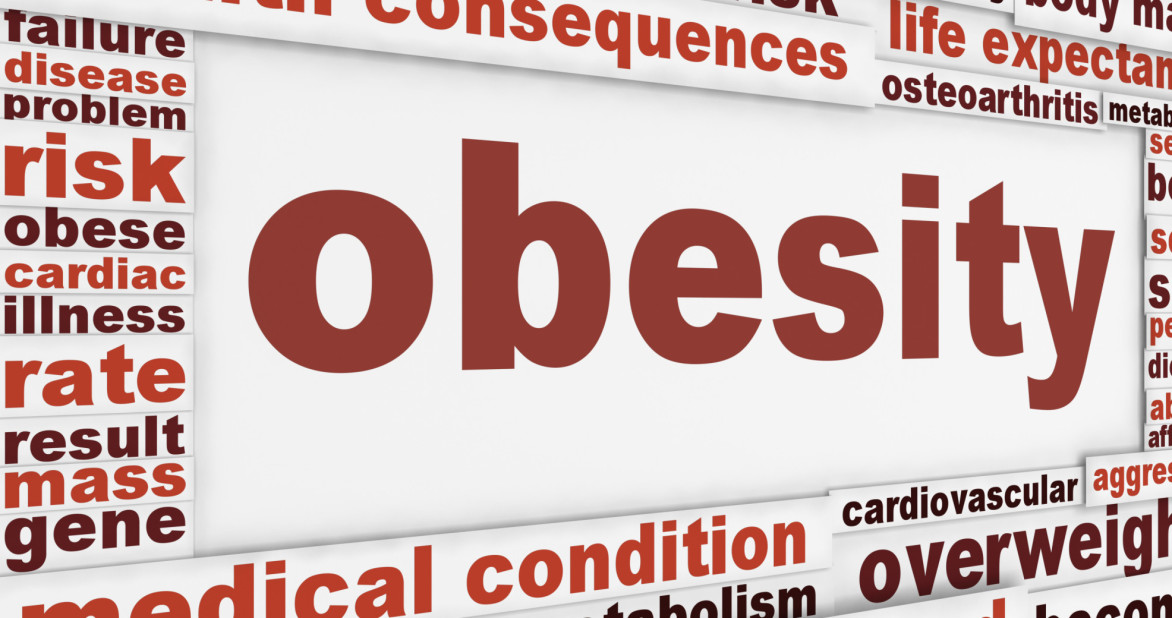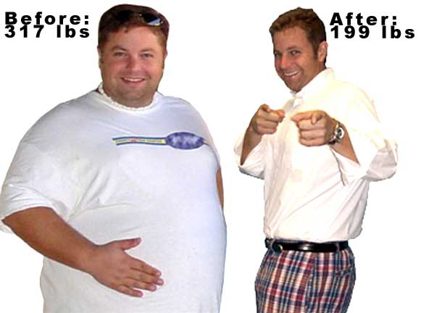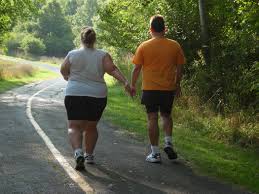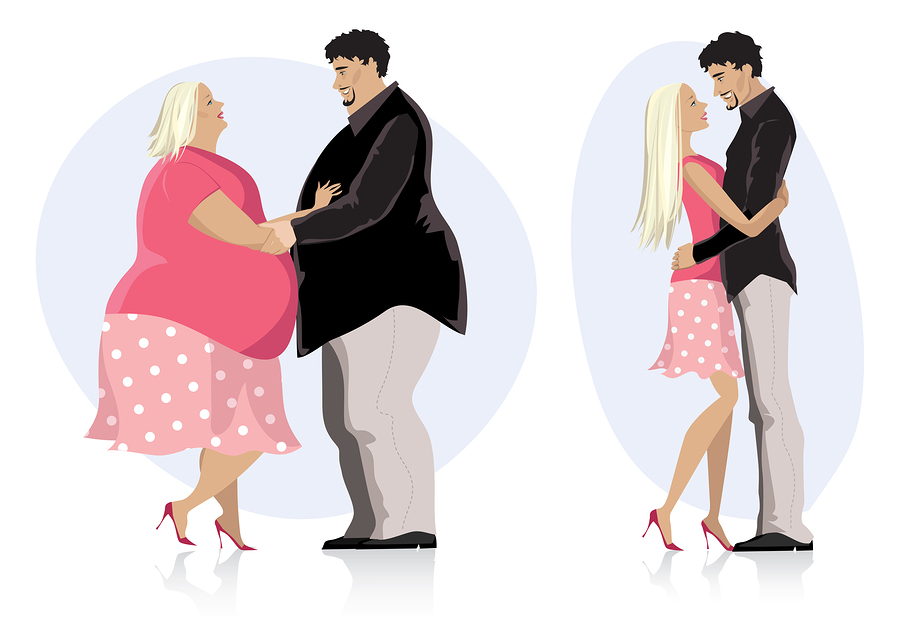Breakeven weight line and pregnancy

Breakeven weight line and pregnancy. For effective childbirth normally, obesity must be discouraged during pregnancy.
Breakeven weight line and pregnancy: The risks involved in being overweight
Weight is a significant component in human life because there is no life without some weight. This recommended weight must be considered to be healthy. Experts at AWAREmed health and wellness resource center under the leadership of doctor Akoury MD says that everyone needs to have a breakeven weight line irrespective of status. If your weight is not within the breakeven line, that may be a pointer to some medical problem which will need to be addressed immediately. Our mothers when pregnant will always add some weight due to the unborn baby growing inside their wombs. Permit me to call this “necessary weight gain” because there is a baby involve, in fact, the additional weight should be of the unborn baby but if this goes beyond the recommended higher limit, we could be having a problem. And this is what we want to discuss giving some insight on how to cope and respond when you find yourself in a similar situation as a woman. As professionals, we do not intend to address women only but it is equally important to have men on board to be equipped with this information. This will give a helping hand in the family when faced with weight gain problems during pregnancy.
Therefore being overweight or obese during pregnancy may have health complications to the mother and to the unborn baby’s development in the womb, during delivery and even after delivery. Because of the magnitude involved, it is important that we get to know the health complications arising out of weight gain and how to positively respond to them during and after pregnancy. And as it is said, knowledge is power, we all need this power so that everyone is well equipped with enough resources to know what can be considered to be obese or overweight.
Breakeven weight line and pregnancy: What’s considered obese?
First of all, what is obesity? It is a condition where the body accumulates too much fat that the body does not need. This is normally determined by a formula based on one’s height and weight also known as body mass index (BMI). Below is a guide on what is considered normal or a pointer to obese.
Body Mass Index Weight status
- Below 18.5 Underweight
- 5 – 24.9 Normal
- 25 – 29.9 Overweight
- 30 – 39.9 Obese
- 40 and above Extreme obesity
Breakeven weight line and pregnancy: Could obesity affect my ability to get pregnant?
With is knowledge, a lot of concerns come in and many questions are asked from time to time. Like for instance the question above. The truth is, this condition can cause harm to a woman’s fertility by preventing normal ovulation thereby necessitating the use of Vitro fertilization (IVF) to complete the process. IVF is a common practice in which the sperm fertilizes the egg outside the body and doctors implant it into the woman’s uterus in hopes of a successful pregnancy. And now in response to the question, doctor Akoury is confirming that it is true that being obese can affect pregnancy because as a woman’s BMI rises, so is the risk of unsuccessful IVF. These risks can be prevented if proper weight management is adhered to and that is why you need to schedule an appointment with the experts at AWAREmed health center for the commencement of your weight loss recovery program now.
Breakeven weight line and pregnancy: The risks involved in being overweight
http://www.integrativeaddictionconference.com/wp-admin








